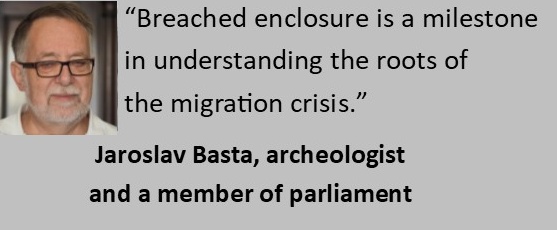Does centralised power or state power divided among several competing groups promote greater civil liberties? Traditionally, it has been argued that centralisation is a threat and that, conversely, more independent actors create a freer environment. But is that really the case? It depends on whom you ask.
From the point of view of a philosopher, an artist, a religious reformer or any other exceptional personality, division is better. The Church can hide an inconvenient thinker from the wrath of the ruler. At other times, a nobleman may offer him protection from the influence of the Church.
But if you are not a great philosopher, but a simple peasant, you are in a completely different situation. No power will protect you from the other. The intervention of either can be devastating. The historian Rodney Stark writes that before the Industrial Revolution, people were generally unable to distinguish between the repressive apparatuses of the state and the church.
Historically, the growth of freedom has gone hand in hand with the growth of the absolute power of the state. Only an absolutist ruler could force the nobility to treat their subjects more leniently and allow them more freedom. Conversely, I know of no case in which an absolutist ruler forced the nobility to be harsher with their subjects. The same trend seems to be evident today. The more power the nation state has, the more freedom people enjoy. It is no coincidence that nowhere in Europe do people live as freely as in Hungary. And the more the state is expropriated by non-profit organisations, corporations or supranational bodies, the less freedom is left.


